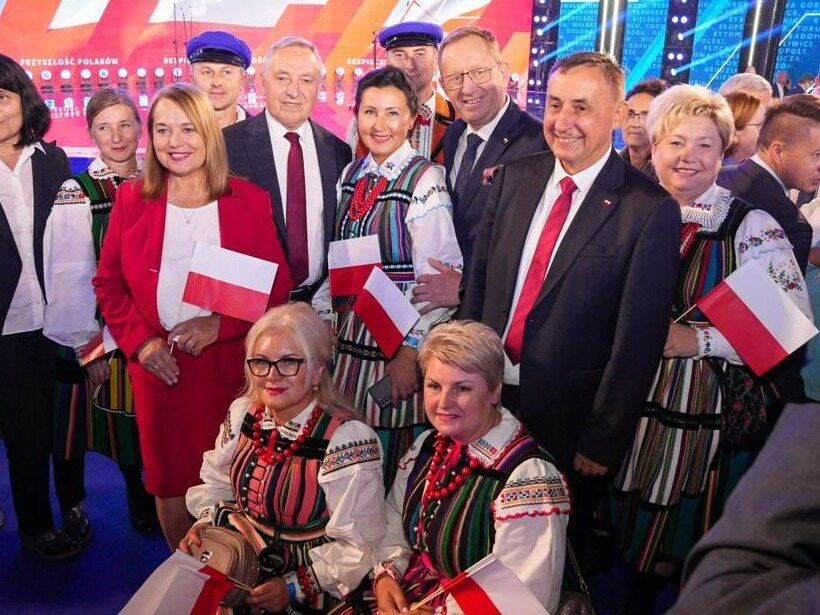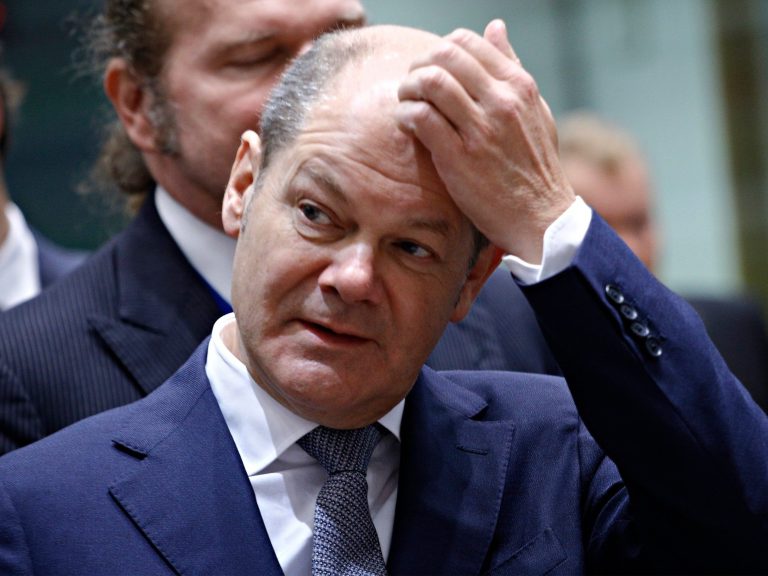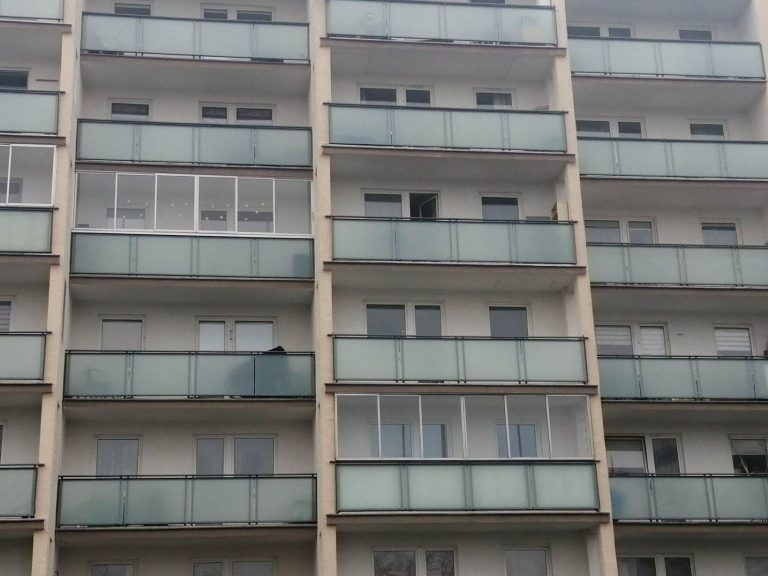Ukrainian grain. Lithuania offered help, meeting tomorrow

On Tuesday, the ministers of agriculture of Lithuania and Poland are to talk about Lithuanian support for the transit of Ukrainian grain through our country – an RMF FM journalist learned. Lithuania has declared that it is ready to take over part of the quality control of grain from Ukraine, i.e. phytosanitary inspections, which arrive through Poland as transit.
– We install the seal in Poland, we control the passage through our country, and Lithuania wants to carry out phytosanitary inspections and has the right to do so – this is how the Minister of Agriculture, Robert Telus, explained it last Thursday.
Lithuania wants to help control the quality of grain from Ukraine
RMF FM has determined that tomorrow the Ministers of Agriculture of both countries will discuss Lithuania’s share in the transit of Ukrainian grain. Once the rules of cooperation are established, the Ukrainian Minister of Agriculture will be officially informed.
The parties want more grain from Ukraine to transit through Poland. Currently, it amounts to approximately 270,000 tons per month – and, as the Ministry of Agriculture assures, all of this grain goes to other countries.
Last Thursday, Agriculture Minister Robert Telus rejected the idea of introducing a licensing system for grain from Ukraine. This idea appeared during last week’s conversation between the heads of the ministries of agriculture of Poland and Ukraine. It assumes that importing grain would be possible, but only if the Polish government agreed to import it in a specific quantity. The government in Kiev would issue a license to its producers.
Poland does not agree to the licensing system
Grain from Ukraine is still a very hot topic. On September 16, the EU embargo on the sale of grain in the 5 so-called frontline countries, including Poland. The authorities of four of them (the Bulgarian parliament decided that it was profitable to sell Ukrainian grain freely) fought until the end to maintain the EU embargo, and when this failed, they introduced national sales bans – with further permission for transit.
Poland argues that Ukraine has not fulfilled the declarations made to the EC regarding grain exports because it has not introduced effective mechanisms limiting the inflow of grain or presented legal regulations solving the problem.






